SUMMARY
This is AI generated summarization, which may have errors. For context, always refer to the full article.
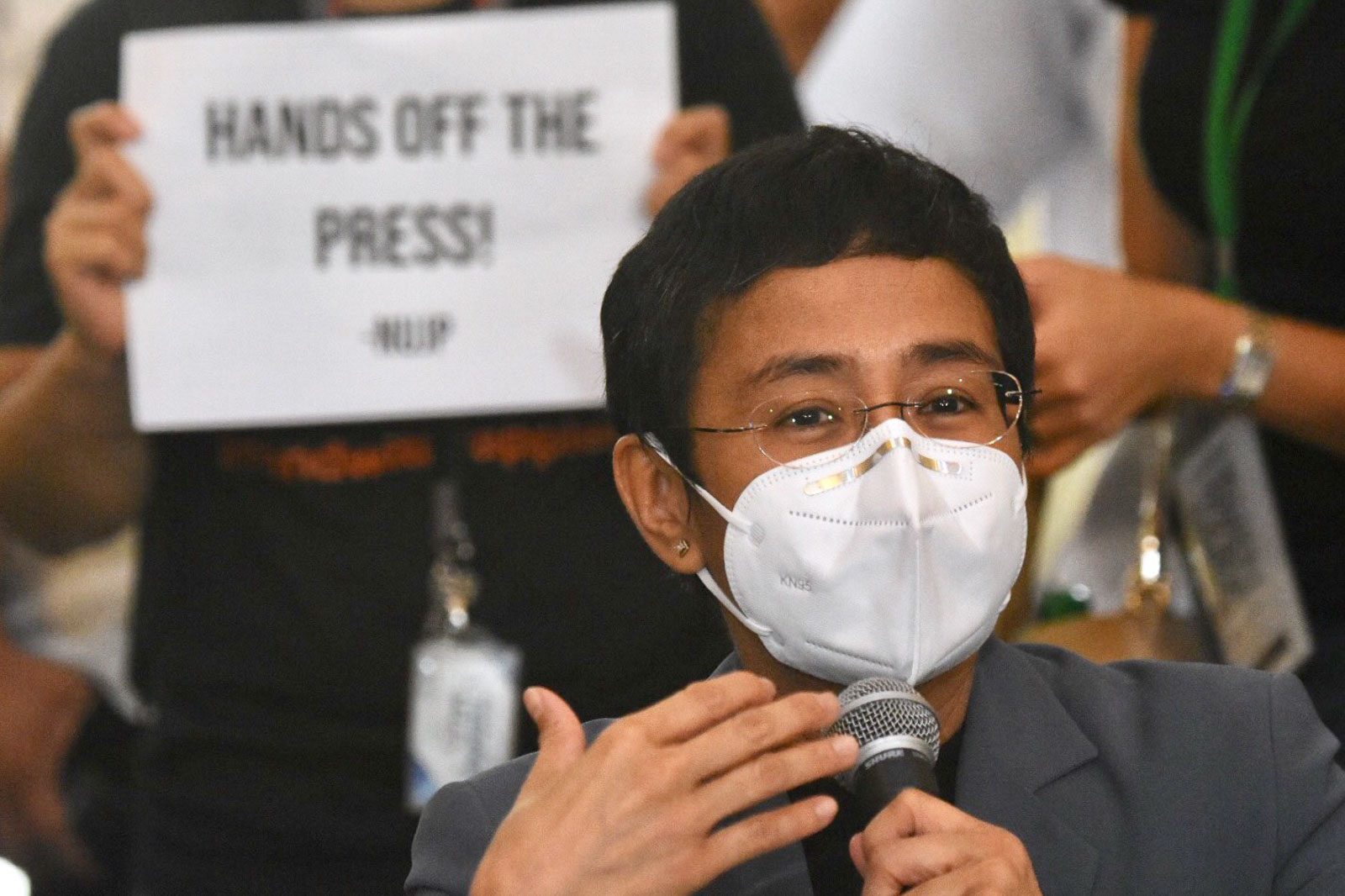
MANILA, Philippines – Human rights groups denounced on Tuesday, October 11, the Philippine appellate court’s denial of the appeal filed by Nobel Peace Prize laureate and Rappler CEO Maria Ressa and former Rappler researcher Reynaldo Santos Jr. over their cyber libel conviction.
In a decision dated October 10, the Court of Appeals (CA) Fourth Division denied Ressa and Santos’ motion for reconsideration, saying that the arguments raised by the two were already resolved.
The court also claimed Ressa and Santos’ conviction was not meant to curtail freedom of speech.
“It [is] worthy and relevant to point out that the conviction of the accused-appellants for the crime of cyber libel punishable under the Cybercrime Law is not geared towards the curtailment of the freedom of speech, or to produce an unseemingly chilling effect on the users of cyberspace that would possibly hinder free speech,” the CA said.
Rights groups believed otherwise. According to Karapatan secretary-general Tinay Palabay, the CA’s rejection was “another stark proof that press freedom is in peril in the Philippines, with the use of libel/cyberlibel laws to suppress this fundamental right.”
“We likewise sound the alarm on the continuing defamatory statements and red-tagging against Maria Ressa and Rappler by individuals who have been emboldened by the climate of impunity and their lack of accountability for their false and dangerous accusations,” said Palabay.
Palabay added that it was imperative for free speech advocates to push back against “successive” attacks, such as the killings of journalists, blocking of websites, and the weaponization of libel and cyber libel laws against journalists.
Meanwhile, according to the In Defense of Human Rights and Dignity Movement (iDEFEND), a free and independent press is crucial in the “quest for justice.”
“Government continues to muzzle the free press precisely because of the violence, corruption, and human rights violations it plans to perpetrate against the Filipino people, which a silenced media could not shed light on. We must #CourageON #HoldTheLine. Our quest for justice is incumbent upon a free and independent media,” iDEFEND said in a Facebook post.
The Committee to Protect Journalists (CPJ) also condemned the CA decision.
“No journalists should be punished for daring to speak truth to power,” said Beh Lih Yi, Asia Program coordinator of the CPJ.
Ressa said on Tuesday that she was “disappointed” by the ruling but “sadly not surprised.”
“The ongoing campaign of harassment and intimidation against me and Rappler continues, and the Philippines legal system is not doing enough to stop it. I am disappointed by today’s ruling but sadly not surprised. This is a reminder of the importance of independent journalism holding power to account,” said Ressa.
“Despite these sustained attacks from all sides, we continue to focus on what we do best – journalism,” she added.
In a separate statement, Santos said, “The CA’s decision to deny our motion is not surprising, but it’s disheartening nevertheless. As we elevate our case to the Supreme Court, our fight against intimidation and suppression of freedom continues. We still believe that the rule of law will prevail.”
Ressa and Santos were convicted of cyber libel in June 2020 over a complaint filed by businessman Wilfredo Keng. The case stemmed from Santos’ May 2012 article on the links that then-chief justice Renato Corona had with businessmen, which included Keng. The cybercrime law, which Ressa and Santos were said to have violated, was not yet signed into law when the article was published. Ressa had no hand in the editing of the story either.
The courts have upheld that the article was republished when a Rappler staff updated it in February 2014 to fix a typographical error. (TIMELINE: Rappler’s cyber libel case)
Ressa, Santos, and their lawyers intend to appeal the case up to the Supreme Court. – with reports from Dexter Barro/Rappler.com
Add a comment
How does this make you feel?
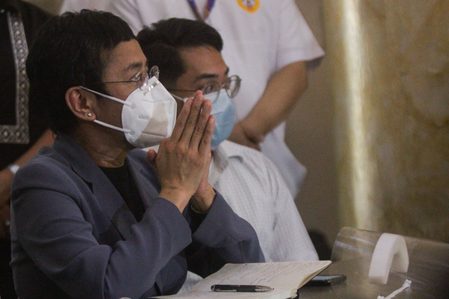







![[OPINION] You don’t always need a journalism degree to be a journalist](https://www.rappler.com/tachyon/2024/06/jed-harme-fellowship-essay-june-19-2024.jpg?resize=257%2C257&crop=287px%2C0px%2C720px%2C720px)











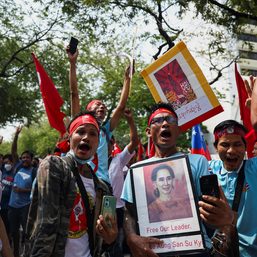











![[Just Saying] Ted Failon, press freedom, and the Supreme Court](https://www.rappler.com/tachyon/2024/07/20240709-ted-failon-press-freedom-supreme-court.jpg?resize=257%2C257&crop=296px%2C0px%2C720px%2C720px)
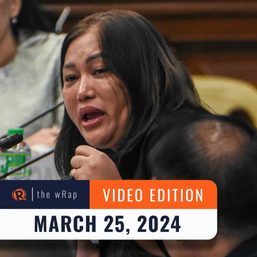
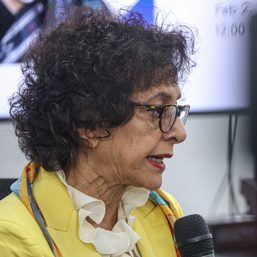

![[OPINION] De-weaponizing tax laws: Upholding press freedom and economic growth](https://www.rappler.com/tachyon/2023/10/tl-upholding-press-freedom-economic-growth.jpg?resize=257%2C257&crop_strategy=attention)
There are no comments yet. Add your comment to start the conversation.